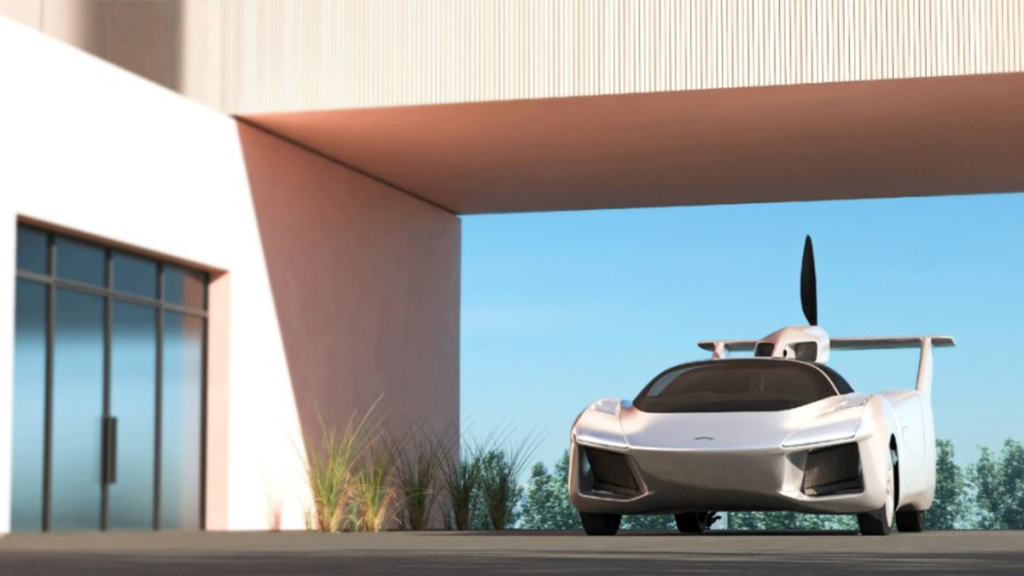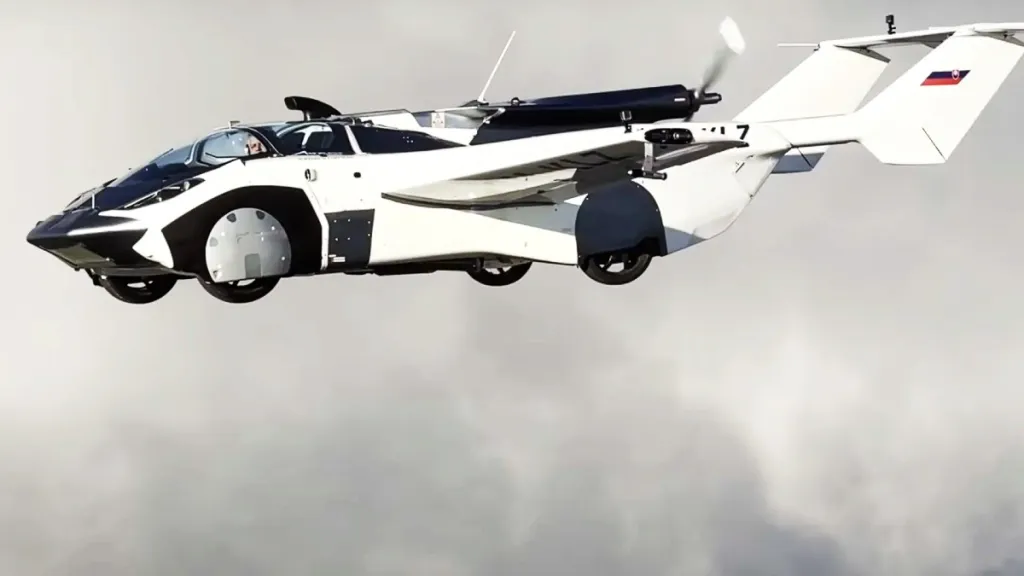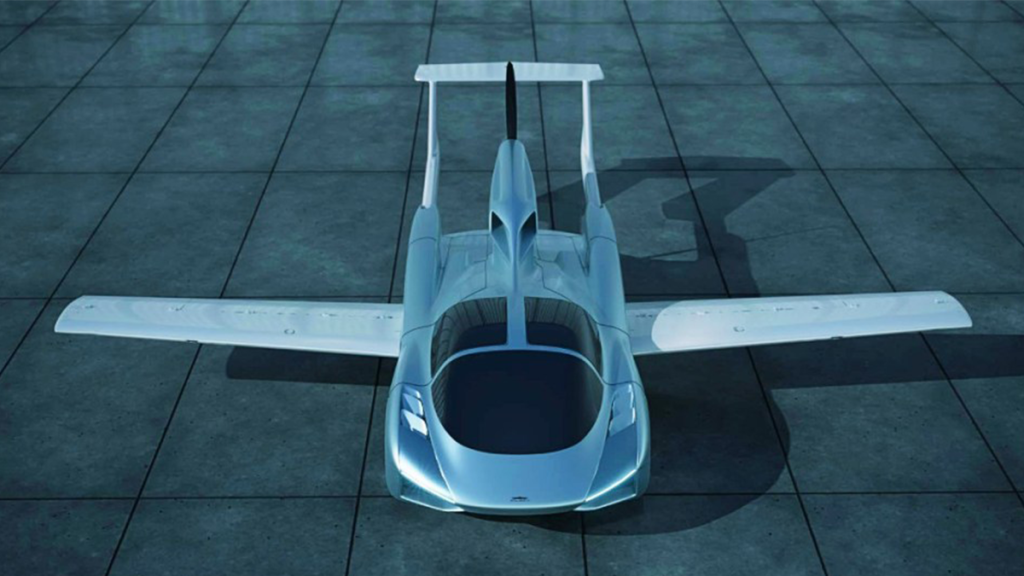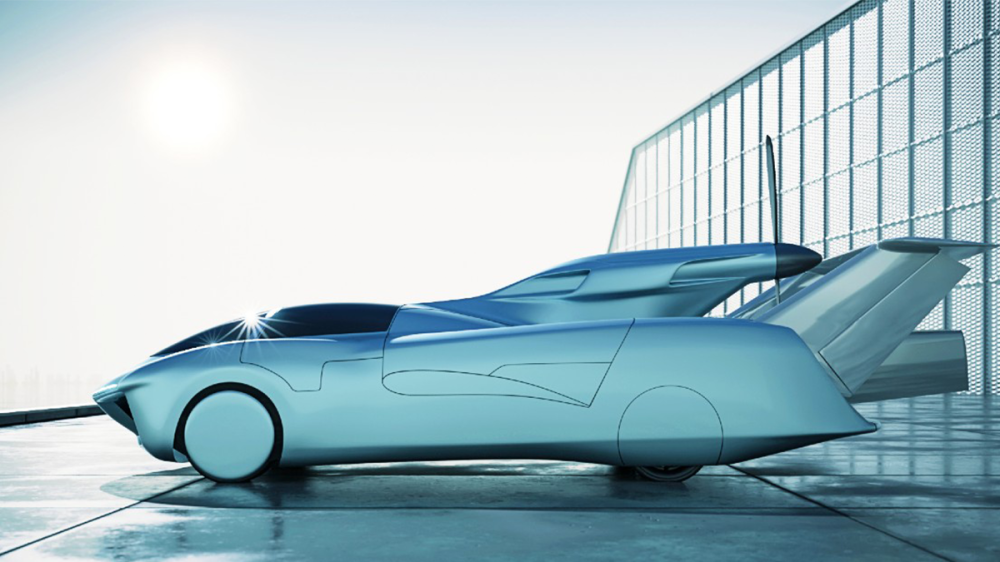A concept once relegated to sci-fi lore and Jetsons reruns is on the brink of becoming a luxurious, road-and-sky reality. Slovakia-based Klein Vision has confirmed its groundbreaking AirCar—a fully functional flying car—will be certified and commercially available by Q1 of 2026. With a projected price tag between $800,000 and $1 million, this isn’t just a technological marvel; it’s an elite statement piece for the next generation of personal mobility.
At the recent 2025 Living Legends of Aviation Gala in Beverly Hills, Morgan Freeman and John Travolta honored Klein Vision with a Special Recognition Award for Engineering Excellence. Still, Freeman’s signature skepticism lingered until cofounder Anton Zajac personally invited him to witness the AirCar in action. “Anybody can come to our shop and see the AirCar flying,” said Zajac—part challenge, part invitation into the future.

And what a future it promises. Unlike previous failed attempts to bring flying cars to market—think Aerocar in the 1950s or the countless prototypes lost to regulatory red tape—AirCar is nearing full certification. The current prototype has logged over 170 flight hours, and the second, lighter model will begin test flights this fall. If successful, it will be the first commercially available flying car in 75 years.
What makes the AirCar different isn’t just the sleek design or impressive flight specs—though those are notable. The next-gen model features a 440-pound weight reduction, thanks to advanced composites, and includes Garmin avionics, autopilot readiness, and an Adept aircraft engine with FADEC controls for intuitive flying. With a flight range of 620 miles and the ability to drive 500 miles on the road, it’s engineered for versatility.

More than innovation, it’s an evolution. “The AirCar fulfills a lifelong dream to bring the freedom of flight into the hands of everyday people,” said cofounder Stefan Klein, a designer who’s spent decades refining five generations of flying cars. His vision is not just airborne—it’s now approaching market-ready.
Klein Vision isn’t alone in the race. Competitors like the Pal V Liberty, Aska A5, Alef Model A, and Doroni H1X are all vying for the same slice of the sky. But most are still navigating early development stages, bogged down by engineering and regulatory hurdles. AirCar, by contrast, is already taking off—literally.
Pending its EASA airworthiness certificate, the vehicle will first hit markets in Europe, with Asia and North America targeted soon after. Its primary audience? Affluent commuters seeking to bypass airport bottlenecks and transform travel into a seamless, door-to-door luxury experience.

It’s not just a car. It’s a new dimension in mobility. And in a world craving autonomy and speed, Klein Vision’s flying vehicle may not just symbolize the future—it might redefine it.


